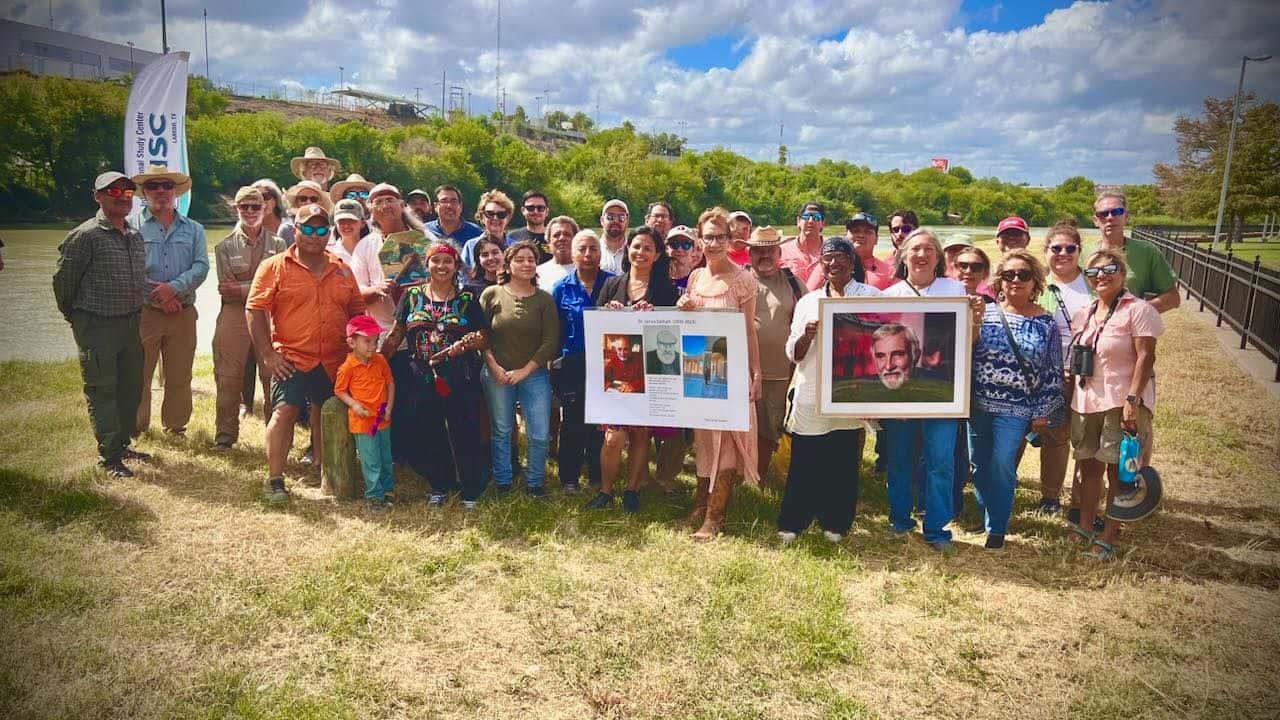
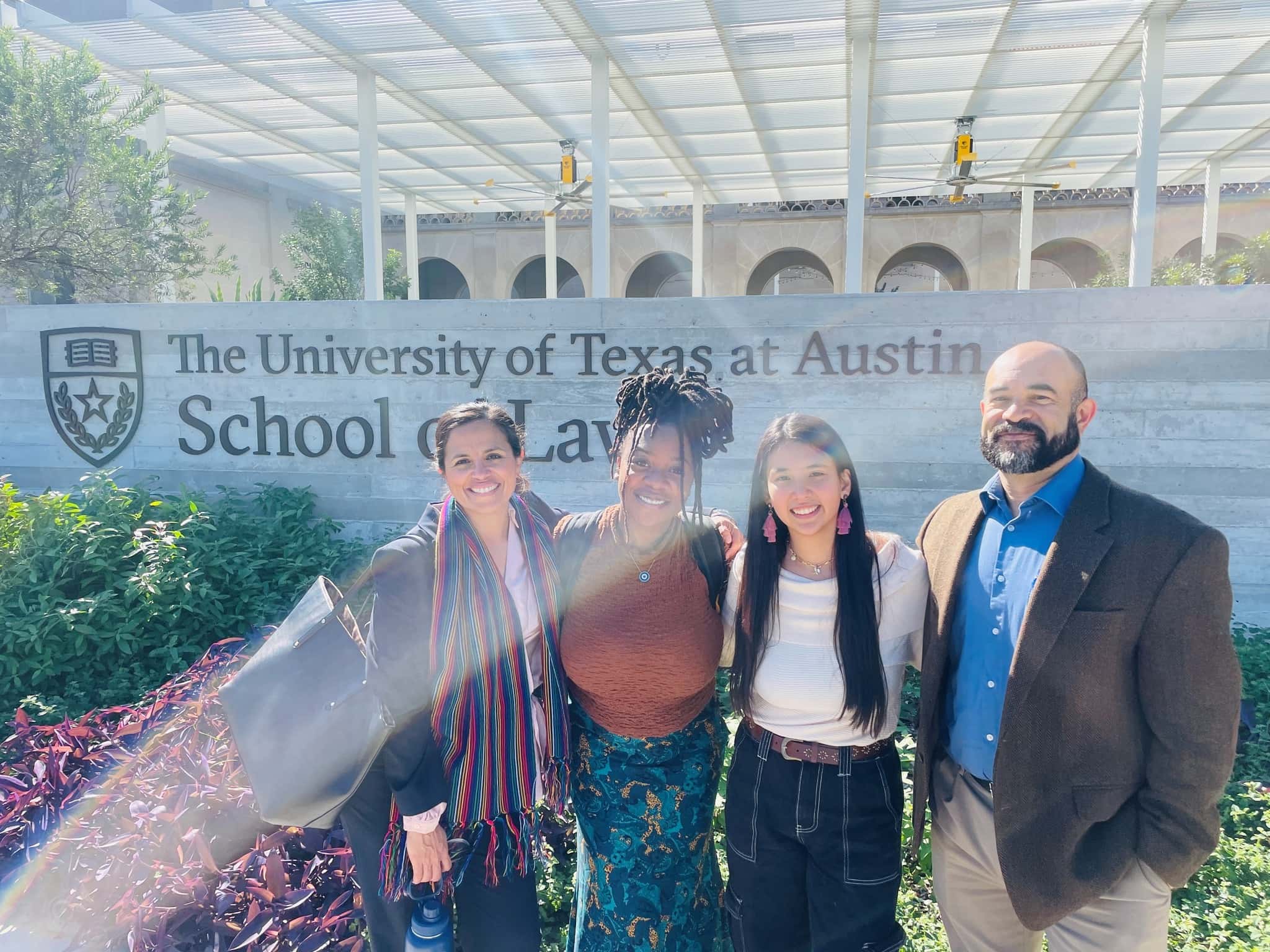
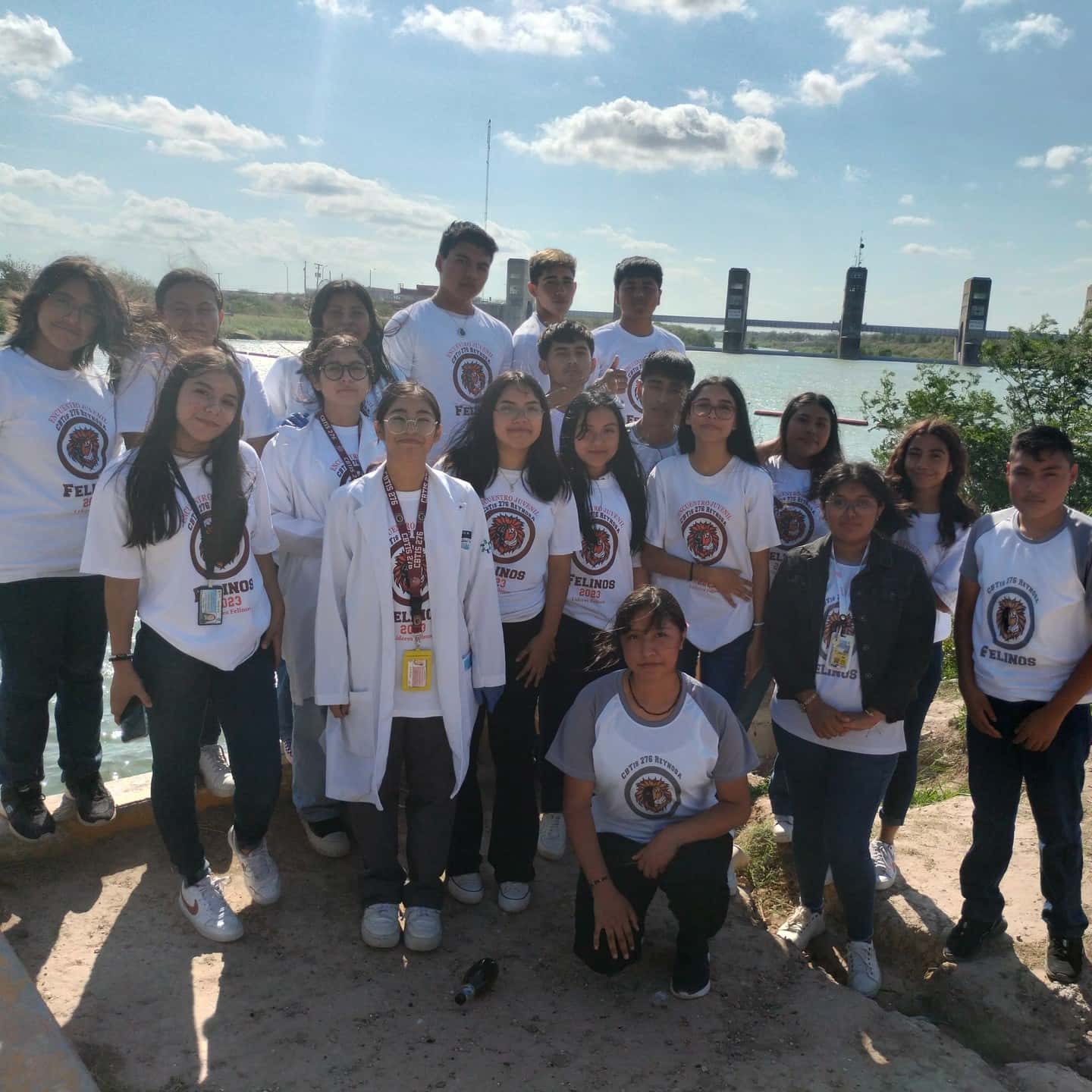
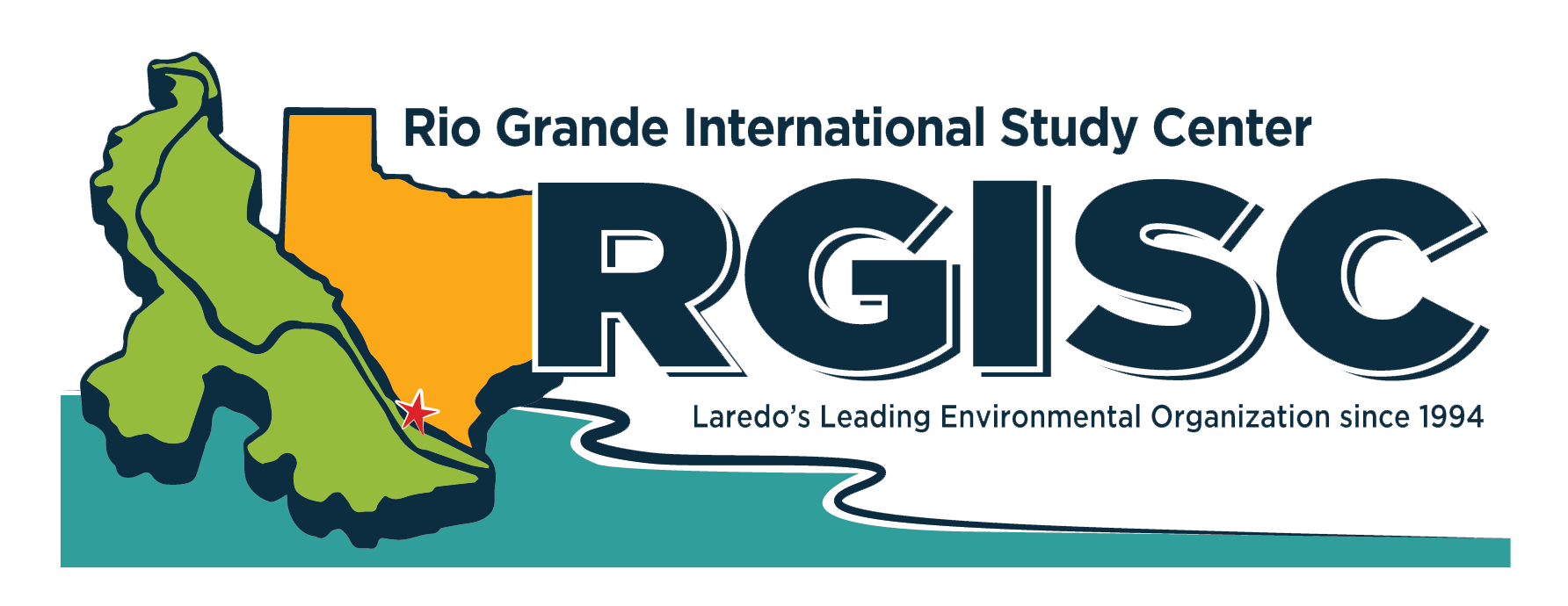
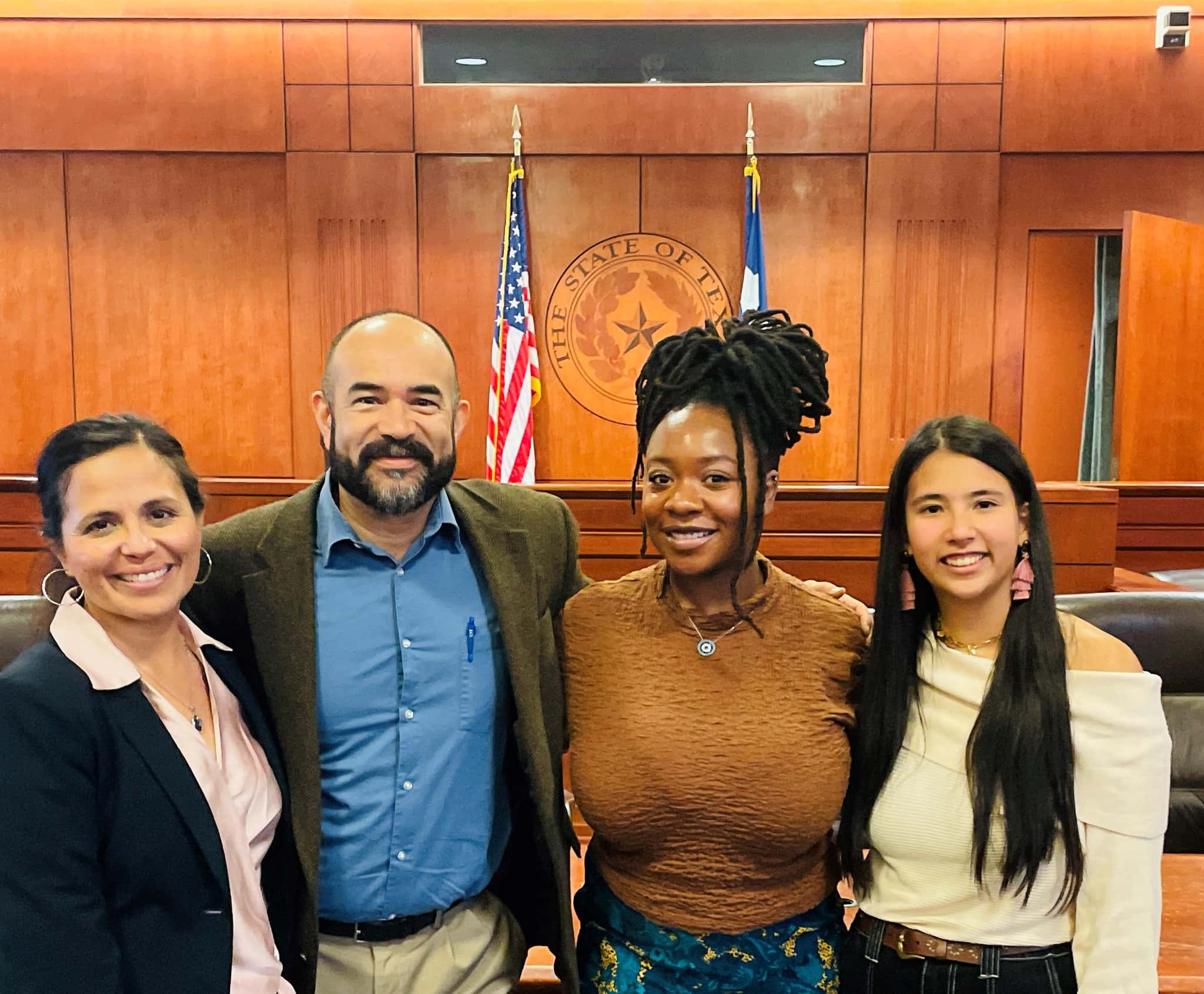

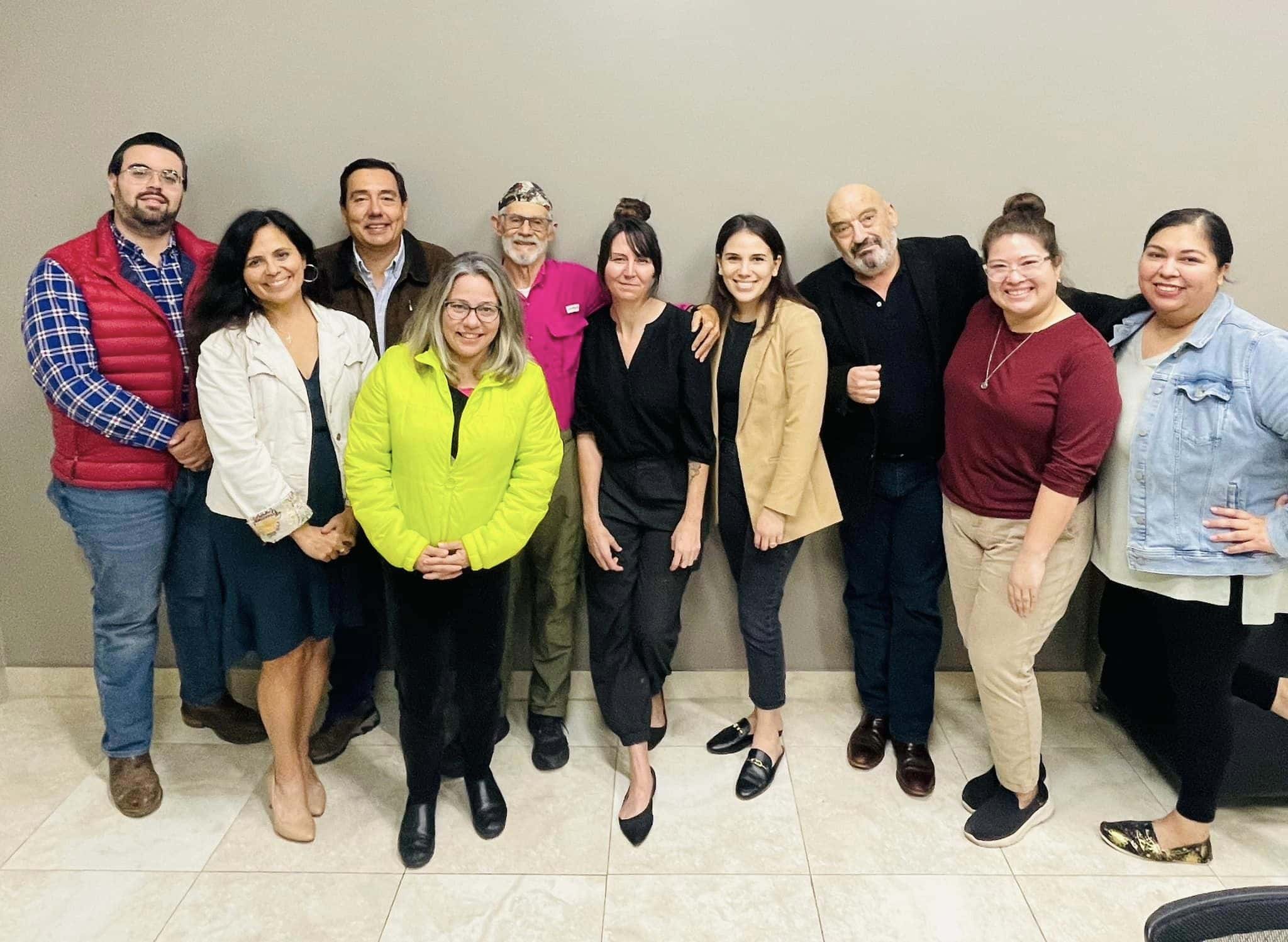
Rio Grande International Study Center
Laredo, TX
In 2021, Climate Nexus launched an Energy Equity Regranting Project to help resource organizations, tribes, and community leaders on the frontlines of climate change and the impactful work they are doing to fight the gas industry. The energy equity transition grants prioritizes grassroots groups with an annual budget of $1 million or less to boost their efforts in racially, ethnically, gender, and culturally diverse communities across the United States and at the intersections of public health and energy justice.
In our second year running the program, 11 organizations received grants ranging from $20,000 to $40,000, including Rio Grande International Study Center, whose work is detailed below.
Overview
As the nation’s largest inland port, the Rio Grande Valley is impacted by 14,000 diesel trucks daily. Income inequality prevails, with more than 30% of the population living in poverty, and the Rio Grande, the source of all life in the region, is constantly under threat from pollution, mismanagement, and destructive fossil fuel projects. The actual health and safety needs of the community are often ignored in favor of manufactured issues like a “crisis on the border” that doesn’t exist. RGISC is fully aware that what is happening in the region is not being done to them because of where they are but rather who they are: the single most Hispanic city (95%) in the nation.
Activities
Clean Air Laredo Coalition
RGISC launched this collective effort to demand that Midwest Sterilization Corp. zero out all ethylene oxide emissions released into the air because of Laredo’s extreme cancer risk level, based on U.S. Environmental Protection Agency (EPA) data. Ethylene oxide (EtO) is a mutagenic DNA-damaging gas used in Laredo as a sterilizing agent for medical equipment. In 2016, the EPA found that ethylene oxide is 60 times more toxic to children than previously estimated and has linked inhalation exposure to lymphomas, leukemias, and breast cancer.
In Laredo, ten schools now rank among the top 1% of all schools in the United States, as most air is toxic and hazardous.
Methane Monitoring Project
RGISC has purchased a camera-based continuous monitoring system for methane emissions. The OGI camera, commonly known as a FLIR camera, detects methane and hundreds of other industrial gasses that cannot be seen by the human eye, including Volatile Organic Compounds (VOCs) that are emitted from oil and gas operations and contribute to ground-level ozone (smog); and several air toxins such as benzene, toluene, ethylbenzene and xylene (BTEX).
This camera will open up new horizons for RGISC, allowing them to expertly go out into the field and conduct boots-on-the-ground work to help shape climate proposals for our South Texas region.
This data will help us fill an extreme data/science gap in our historically disinvested community that is 95% Hispanic, with 25% of the population living in poverty, more than twice the state average.
Air Quality Investigator
RGISC hired Sheila Serna as their new Climate Science and Policy Director. Serna is a former Air Quality Investigator with the Texas Commission on Environmental Quality (TCEQ). Having someone on the RGISC team who understands the inner workings of TCEQ has been a game changer for the organization.
Lesson Learned
Tricia Cortez, executive director of RGISC shared: “We’ve learned over these past few months that we have to build our framework for climate, for RGISC and Laredo, and think about these strategies and end goals. One year, five years, 10 years down the road. And really define that in order to know exactly and much better all the steps and tactics we need to take.”
Future and Sustainability
RGISC is hoping to hire a Campaign Community Outreach Coordinator to ensure consistent community engagement and to expand the outreach, advocacy, and fieldwork of their ethylene oxide and methane campaigns to include more targeted outreach with directly impacted people.

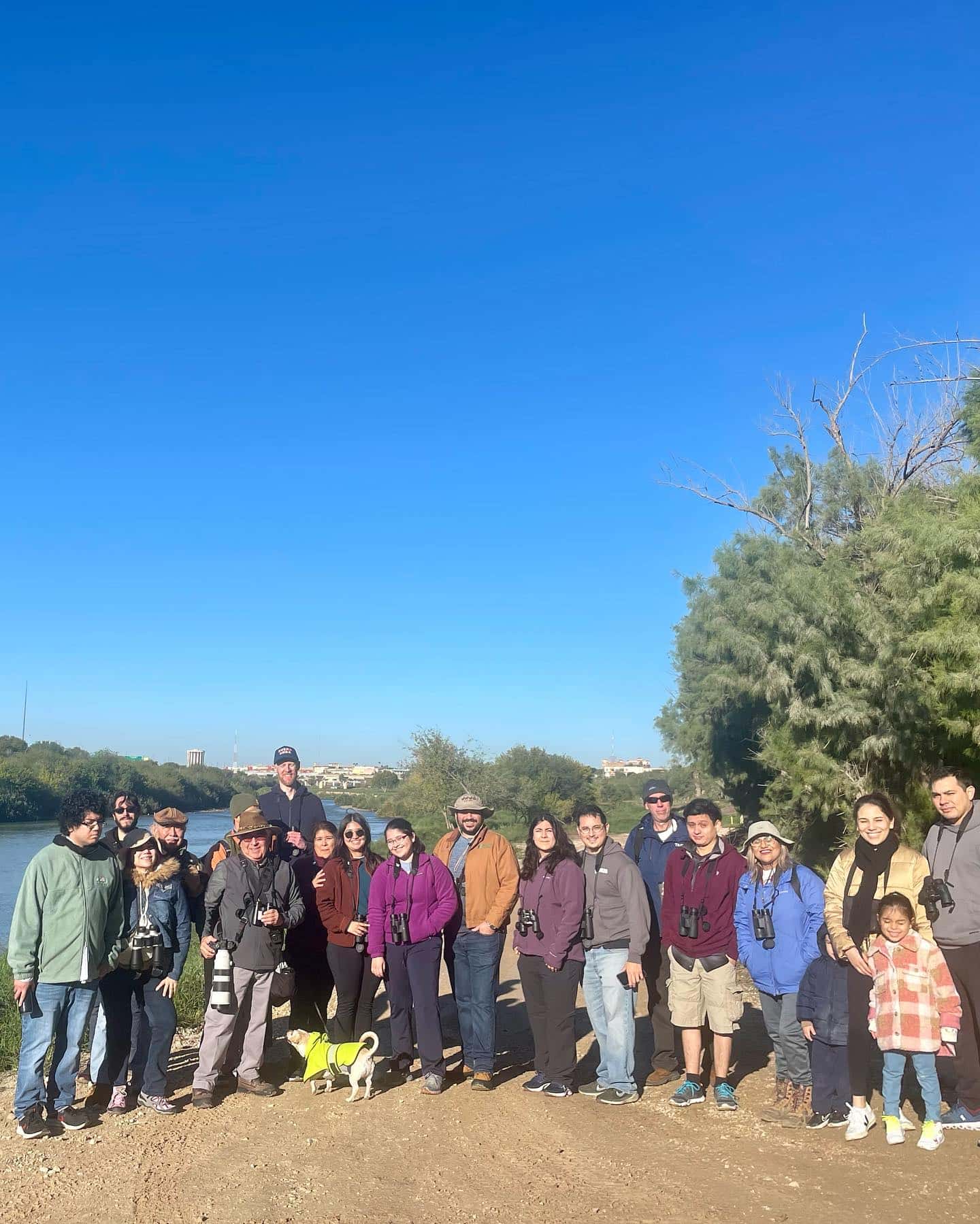

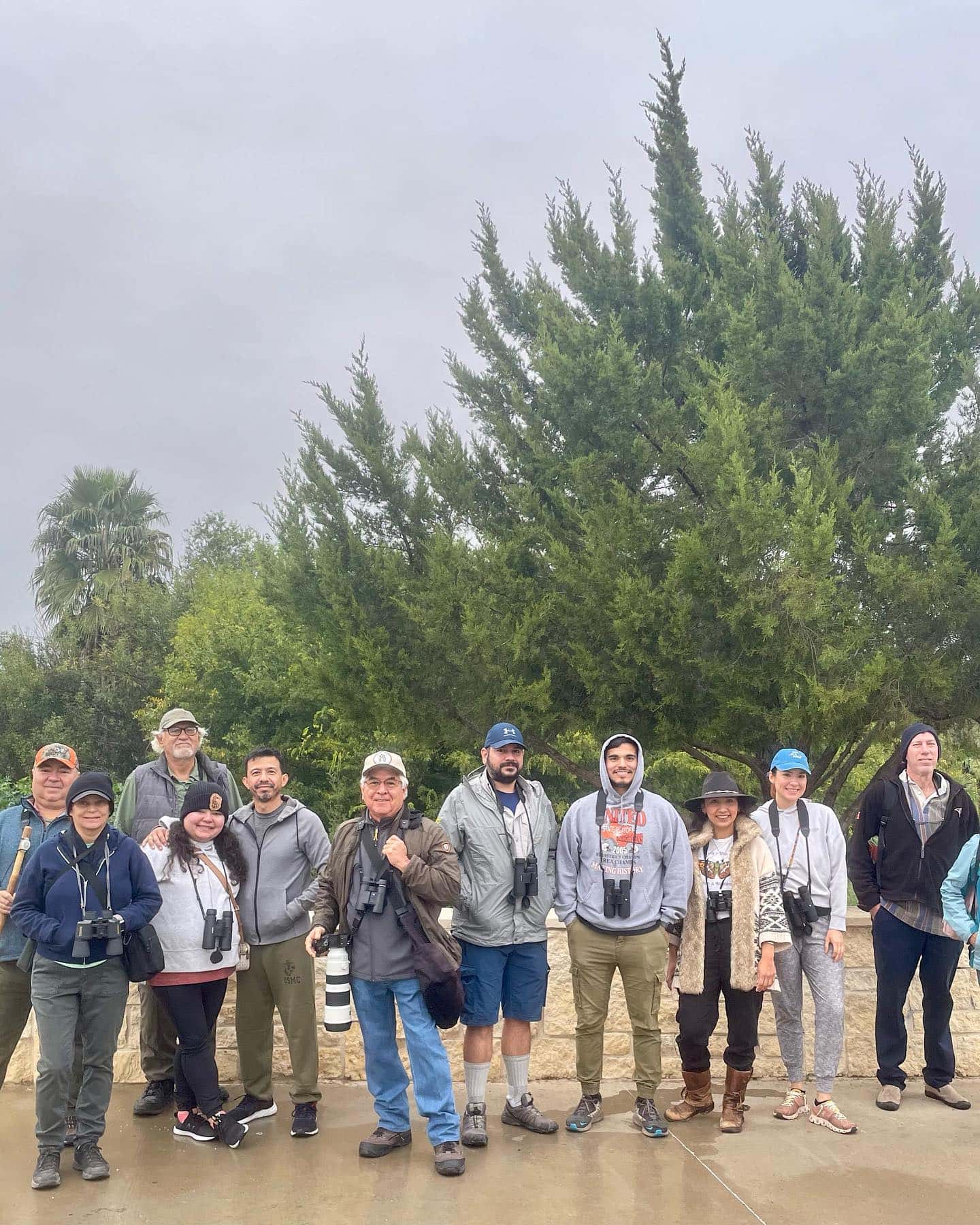




Filter Grantees by Year:
-
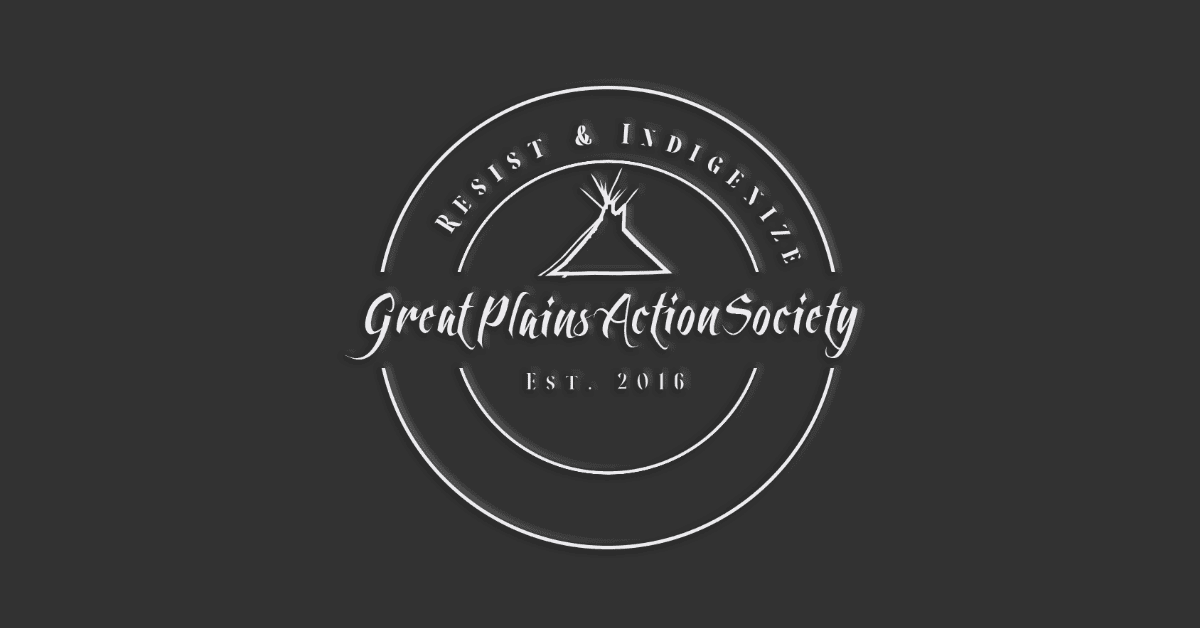
Great Plains Action Society
Great Plains Action Society addresses the trauma that Indigenous Peoples and the Earth face from colonial capitalism and works to prevent further violence.
-
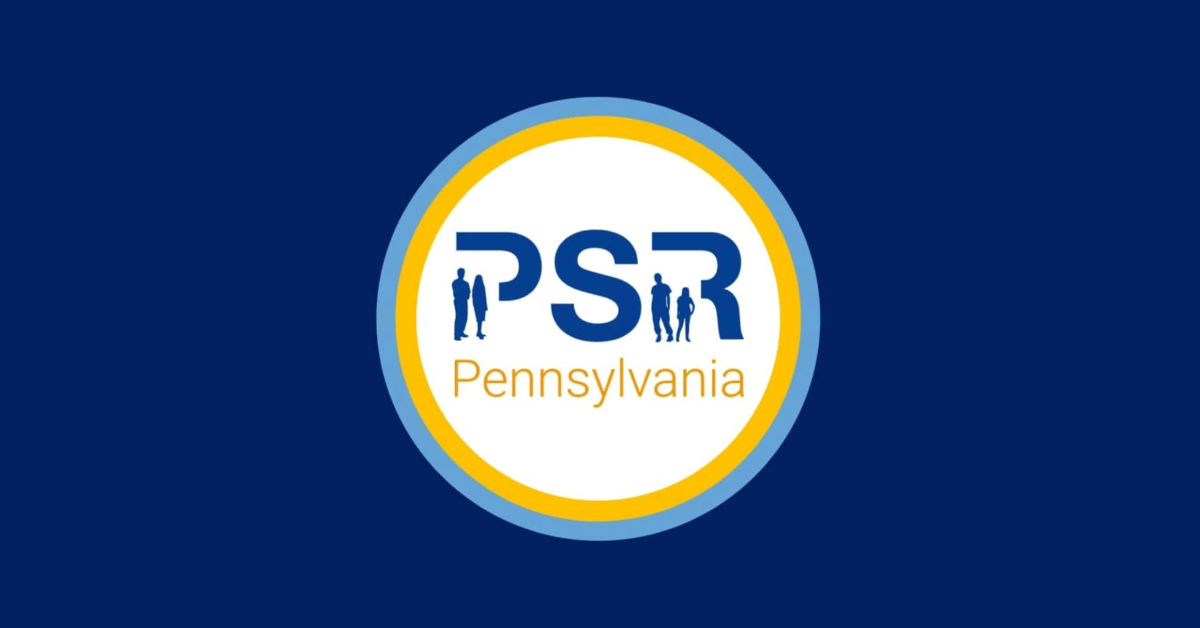
Physicians for Social Responsibility Pennsylvania
Physicians for Social Responsibility Pennsylvania has spent the past decade educating Pennsylvanians on the health dangers of the gas industry.
-

7 Directions of Service
7 Directions of Service is fighting to cancel the Mountain Valley Pipeline’s Southgate Extension and to advance Rights of Nature laws.
-
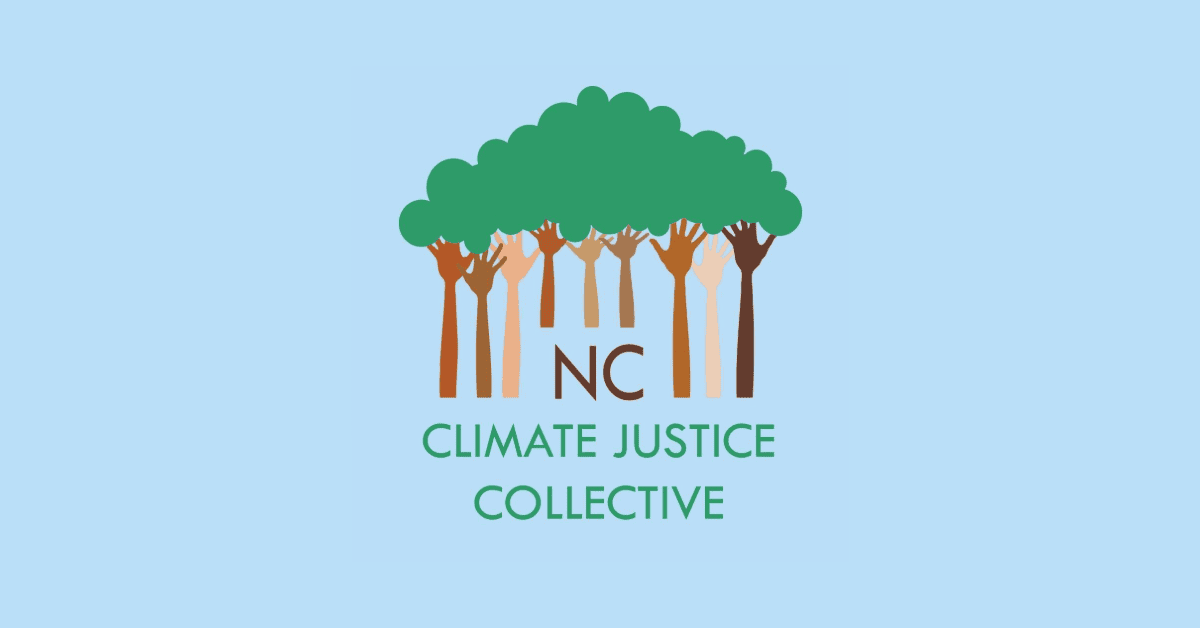
North Carolina Climate Justice Collective
NCCJC uses an intersectional approach to address environmental issues that directly impact North Carolinians living on the frontlines of extractive industries.
-

South Carolina Interfaith Power and Light
SCIPL develops programming and resources around food insecurity, high energy bills, electric vehicle infrastructure, and resilience hubs.
-
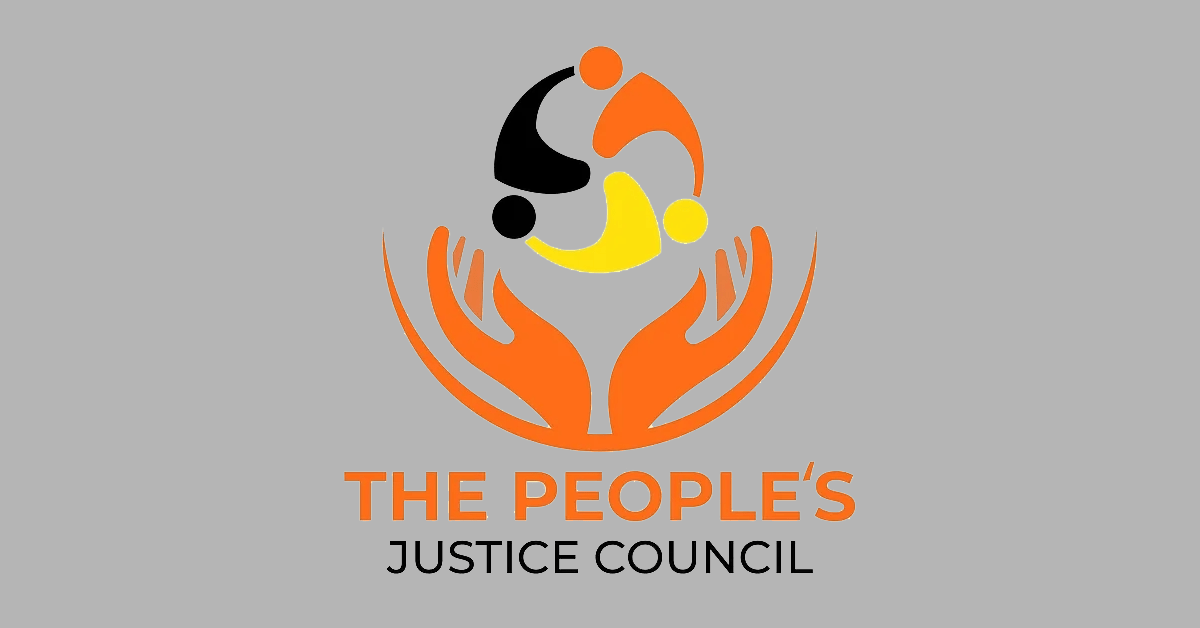
The People’s Justice Council
The People’s Justice Council is led by pastors, community organizers, and working professionals to create an equitable, sustainable, and just world.
-
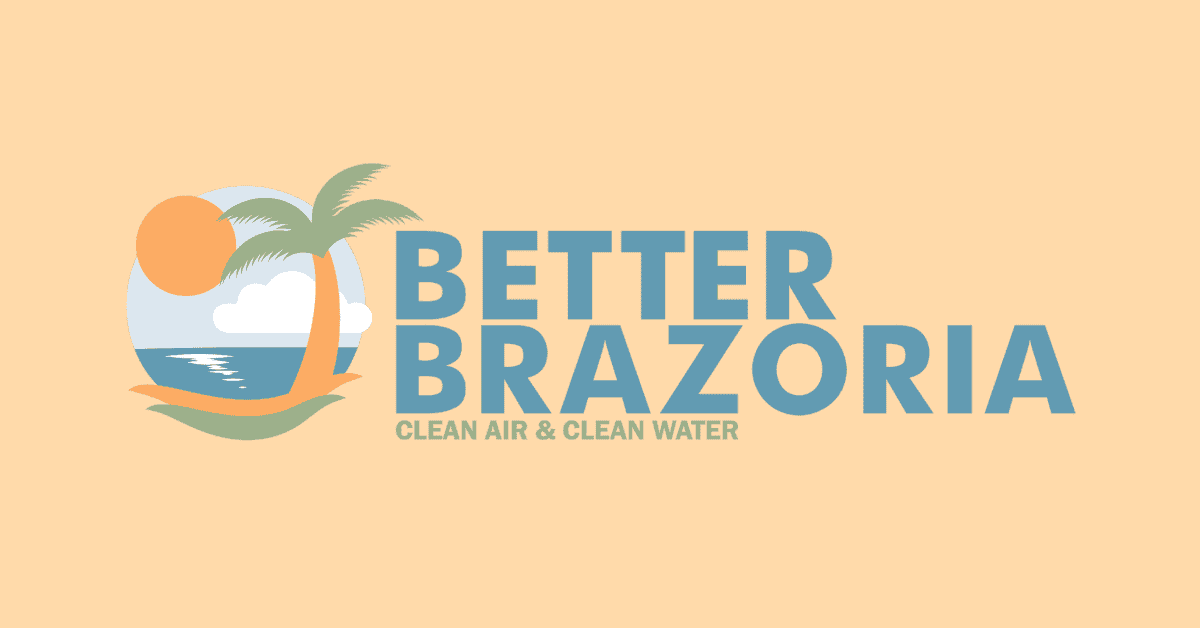
Better Brazoria: Clean Air & Water
Better Brazoria: Clean Air & Water supports residents of Brazoria County by watchdogging petrochemical companies trying to export liquid “natural” gas.
-

Society of Native Nations
SSN works to recognize the existence of Native peoples in Texas, and contest the petrochemical buildout from the Permian Basin to the Gulf Coast.
-

Carrizo Comecrudo Tribe of Texas
The Carrizo Comecrudo Tribe travels throughout Texas, monitoring pipelines, disposal wells, ongoing border wall construction, and fracking/flaring violations.
-
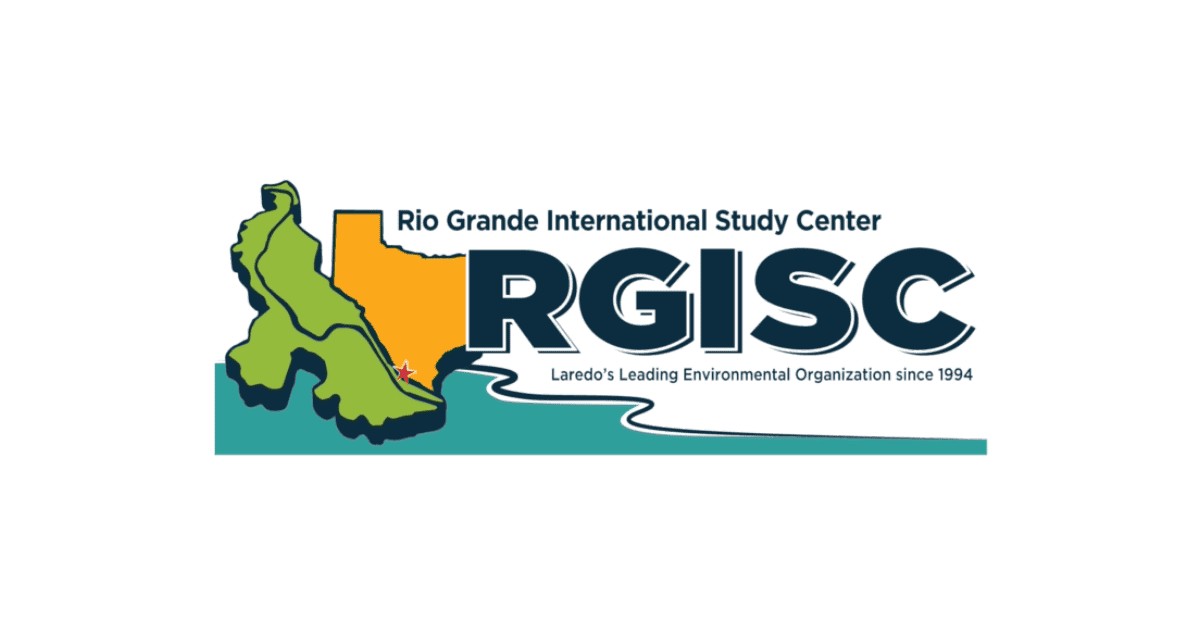
Rio Grande International Study Center
RGISC conducts independent research and community education to steward the environmental preservation and restoration of the Rio Grande Basin.

